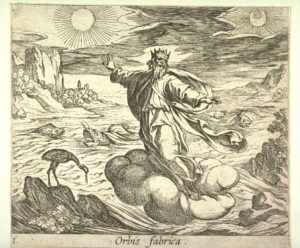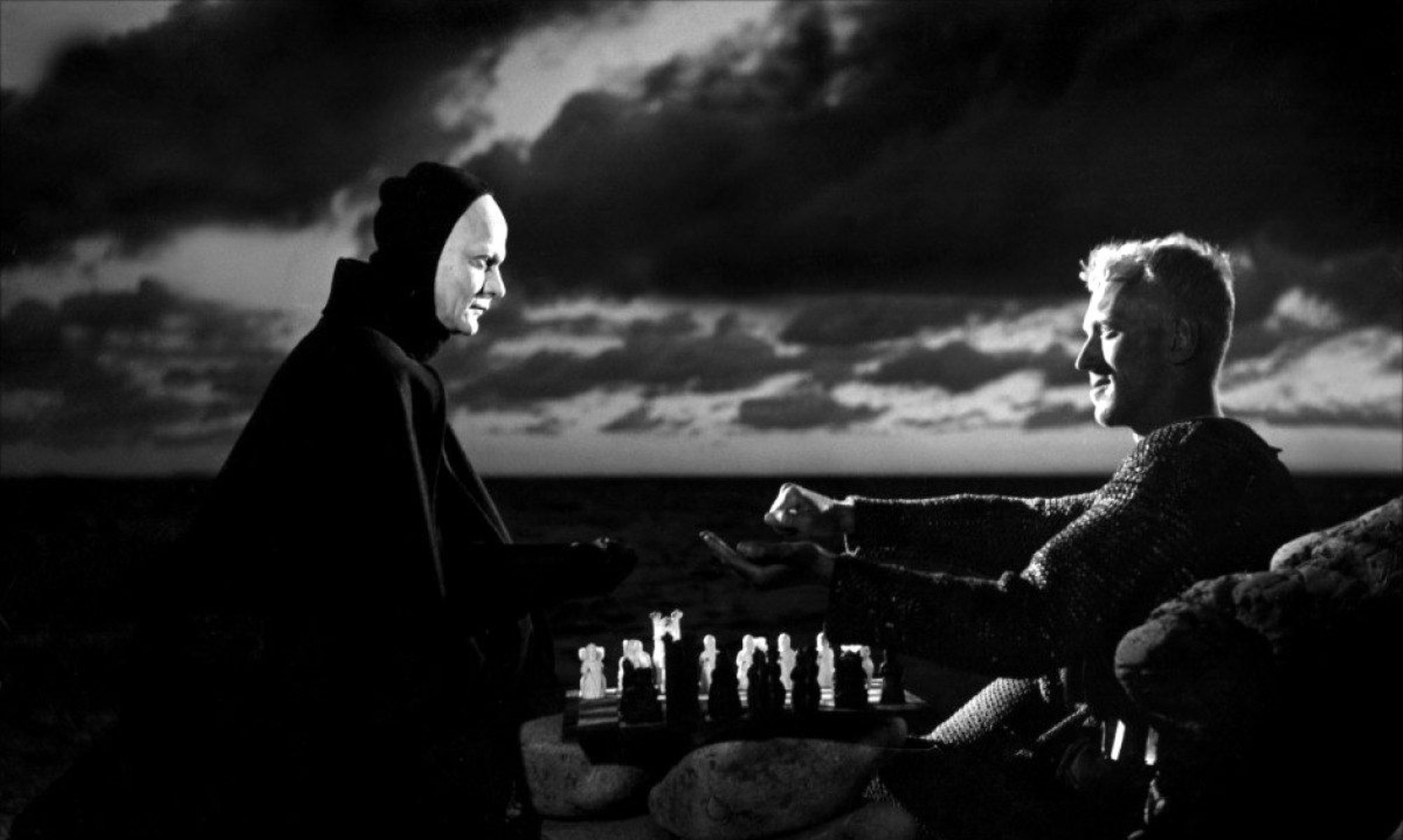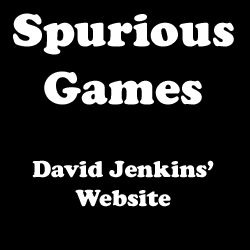 There is at times an element of selective ambiguity in how novelists describe the influences behind their imaginative creations, particularly with respect to characterisation. Despite the common understanding that fictional characters typically reflect reassembled aspects of persons and behaviours that authors have assimilated from real life, drawn perhaps from a variety of acquaintances and encounters, one often reads the unlikely disclaimer that a novel is ‘a work of fiction in which any resemblance to events, locales or persons living or dead is entirely accidental’. It is not what chess players would call a prophylactic move that is plausibly available to me, as Spurious Games trespasses in all three categories.
There is at times an element of selective ambiguity in how novelists describe the influences behind their imaginative creations, particularly with respect to characterisation. Despite the common understanding that fictional characters typically reflect reassembled aspects of persons and behaviours that authors have assimilated from real life, drawn perhaps from a variety of acquaintances and encounters, one often reads the unlikely disclaimer that a novel is ‘a work of fiction in which any resemblance to events, locales or persons living or dead is entirely accidental’. It is not what chess players would call a prophylactic move that is plausibly available to me, as Spurious Games trespasses in all three categories.
At one level, although by no means its main thrust, Spurious Games it is unashamedly an affectionate satire on Cornish chess with recognizable Cornish locations and characters that bear more than a tenuous relationship to real people. This is reflected in my tongue-in-cheek dedication borrowed from the folk singer Carly Simon:
For my dear friends the Cornish chess players
You’re so vain
I bet you think this song is about you
Don’t you? Don’t you?
Nonethelss, the characterisation has been consistently elaborated in the direction of fiction, not as a disguise but as act of the creative imagination. In the final analysis these are genuine fictional characters, although often integrating echoes of people I have met in the recent or long distant past. In a novel that interrogates conflicting views, particularly around New Age philosophies or attitudes towards radical feminism, several of the fictional characters reflect, mainly in an exaggerated form, the real world belief systems of some of my colleagues, but the interest here is in the arguments not the attribution.
As the publishing liability lawyer Rodney Smolla puts it, no attempt at disguise is necessary if nothing is defamatory. I have a more nuanced approach to Smolla’s second safeguard against literary libel, as it may well be that one or two of the fictional characters in Spurious Games could be fancifully interpreted as having been ‘depicted in such a way that those who know the source would understand that he was the person meant’. But at least in Welsh v Penguin Books the bar was set sensibly high. Juries need to be convinced that the character ‘in all its aspects’ is not fiction at all. All of mine have transparently taken off into a world of their own. I do not sense a problem here. It is not as though I have any scores to settle with a Cornish Chess Association that has just elected me its President and is home to some of my most valued friends. I trust the satirical element will be seen as both gentle and affectionate.

